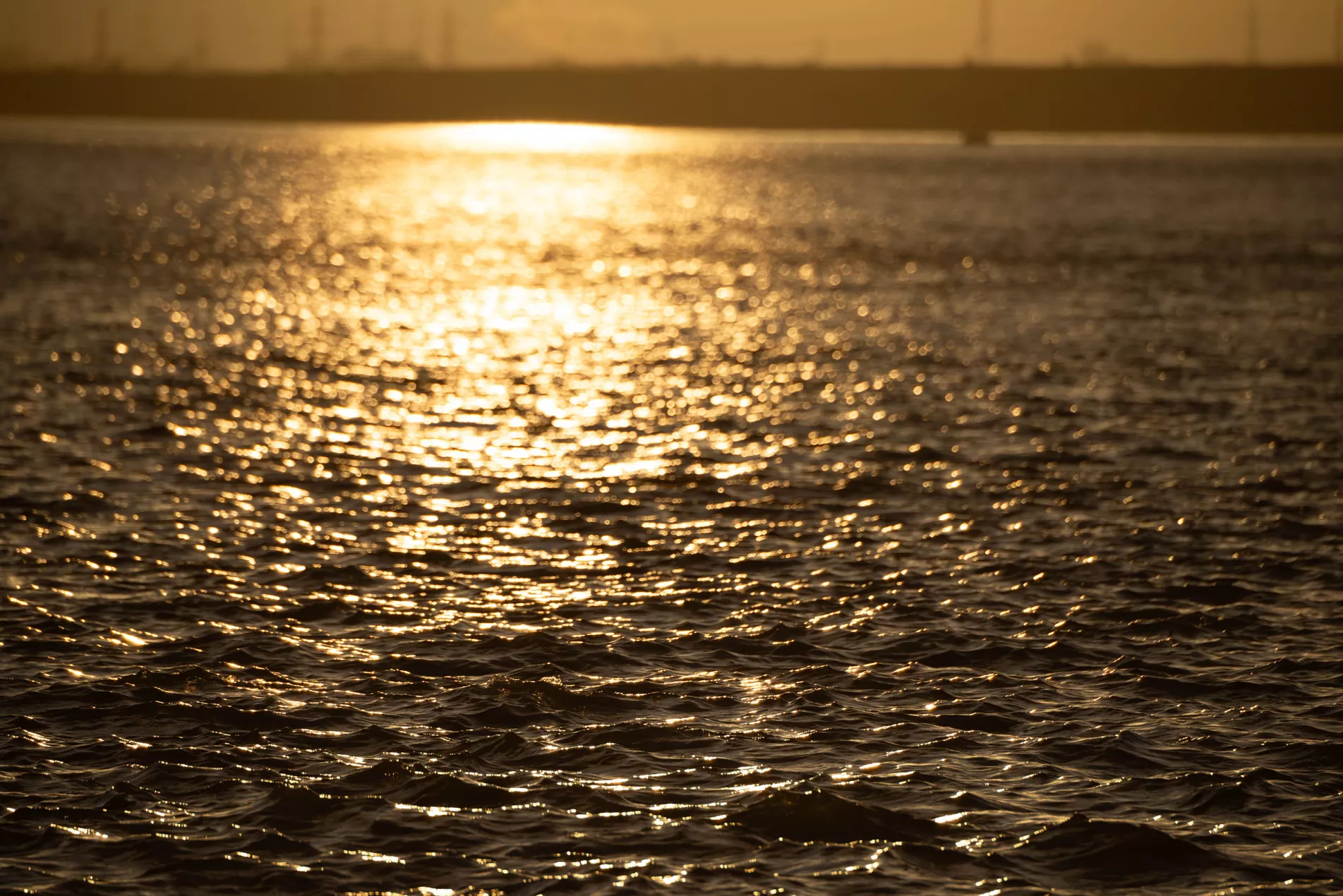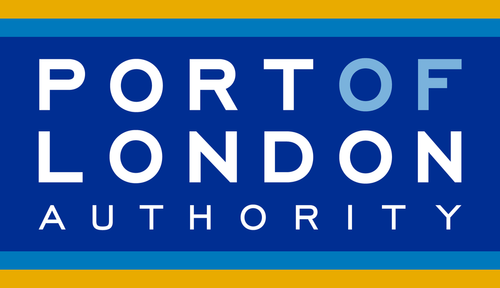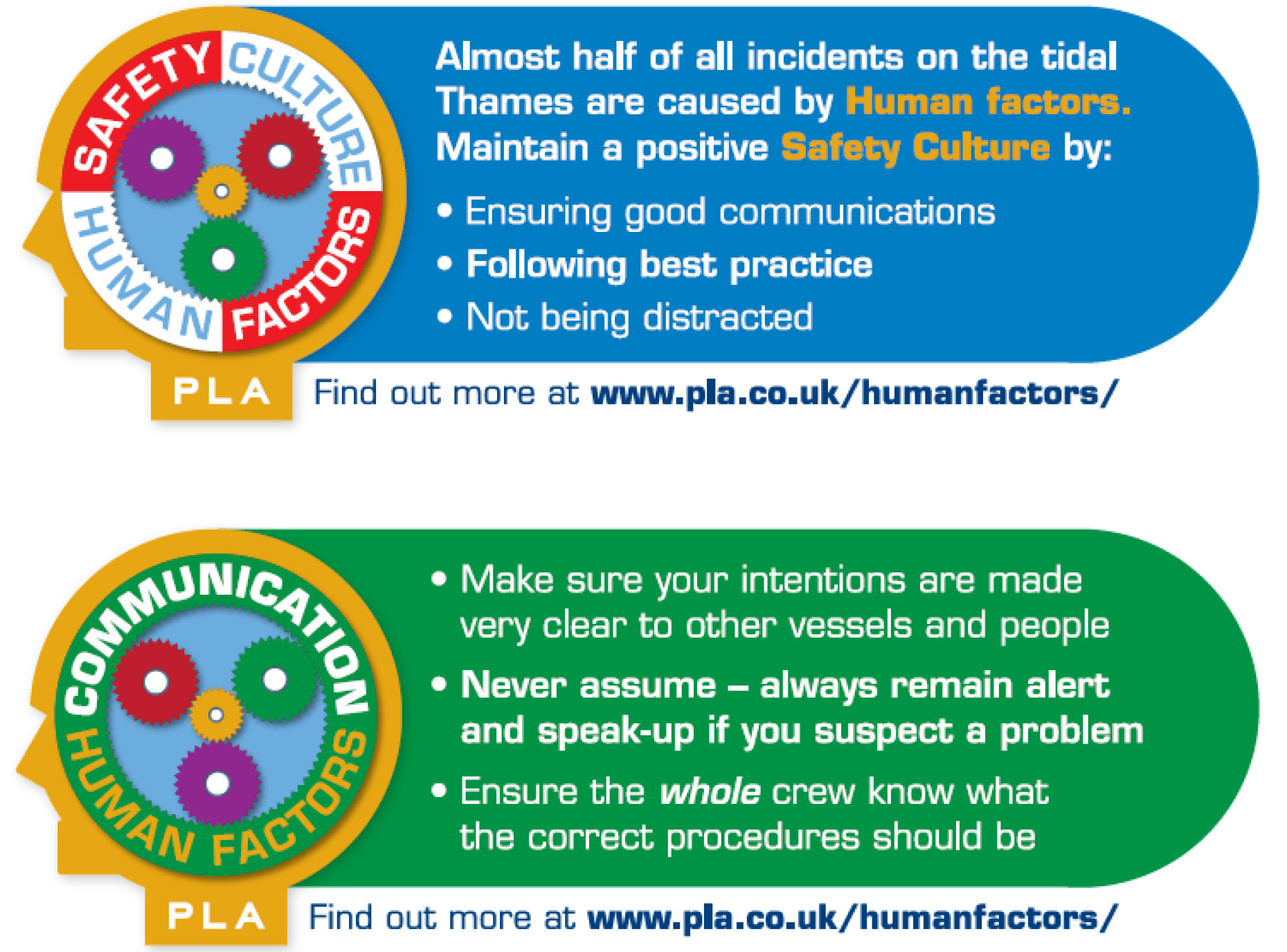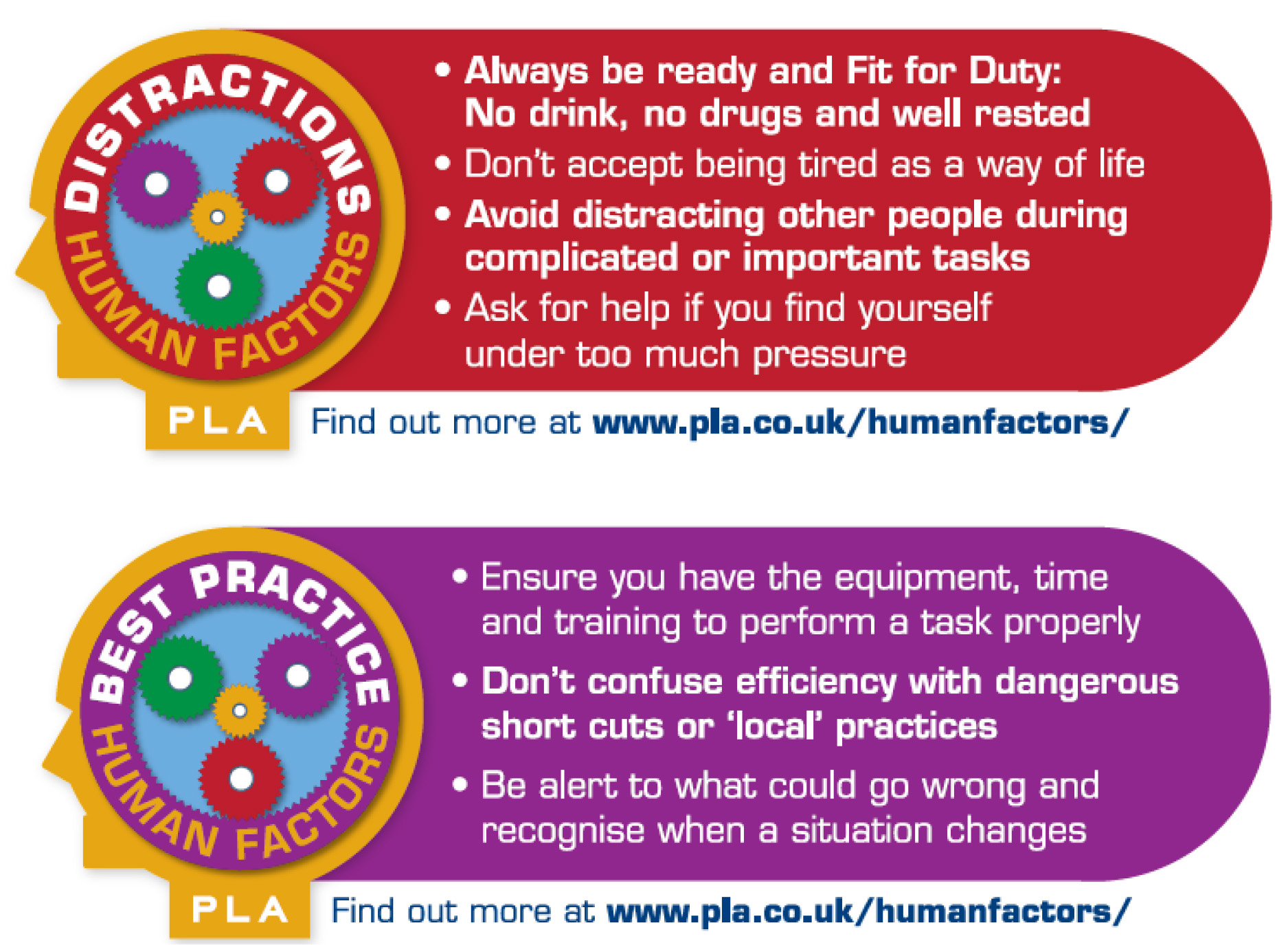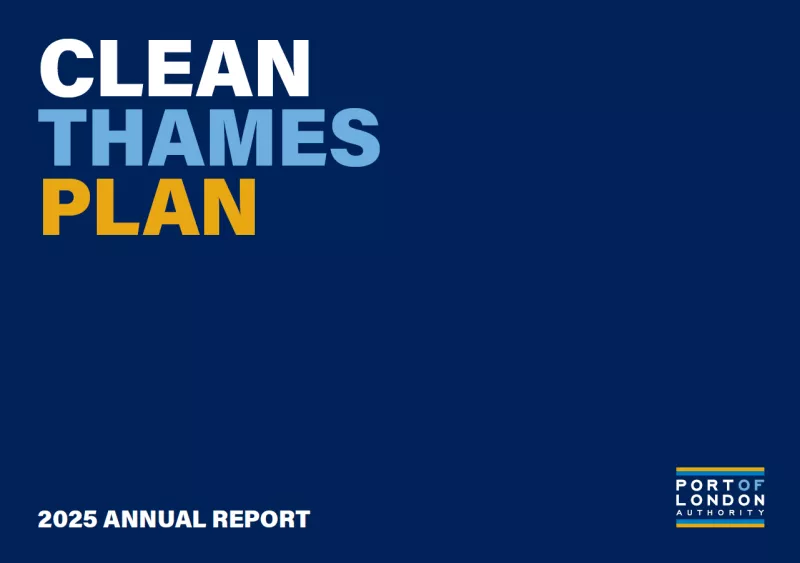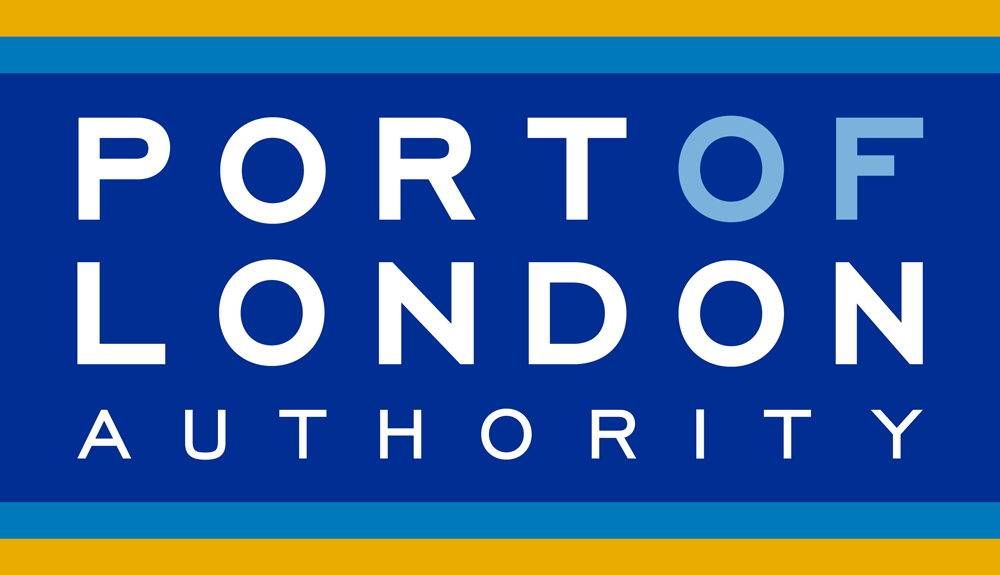Live Tides
NOTICES TO MARINERS
Charts & Surveys
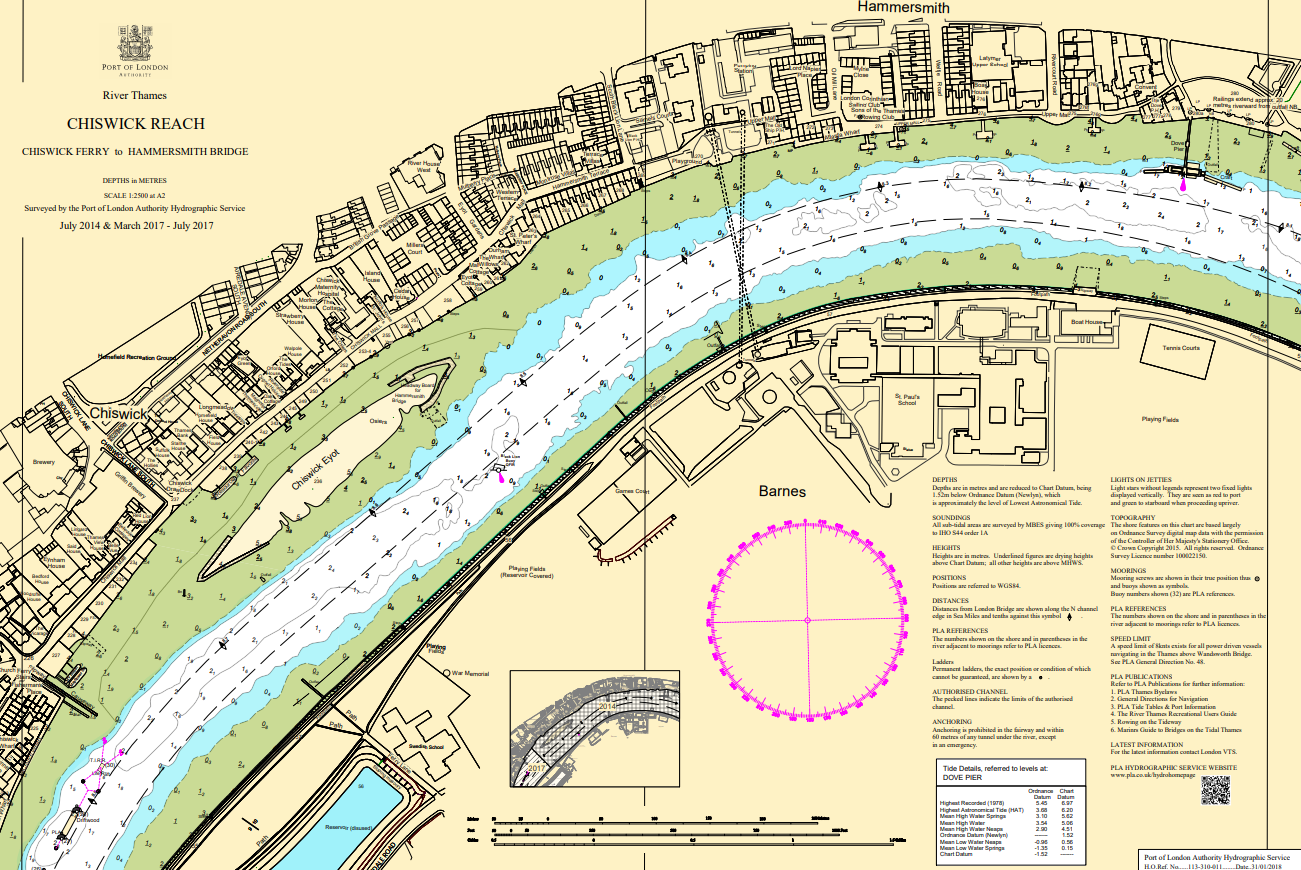
Incident reporting
Life-threatening emergencies on the river:
Call 999 and ask for the Coastguard
For near miss, safety observations and incident reporting click below
Human factors
After the release of The Deadly Dozen – 12 Significant People Factors in Maritime Safety by the MCA, the Port of London Authority was inspired to begin a media safety campaign to help reduce the number of Human Error incidents in the Port.
Our efforts to improve safety can only be successful with the help from everyone on the river.
We welcome any near miss reports to better inform our effort to improve safety on the river.
HUMAN
Shortcuts are usually done with the best intentions to get the job done – but not always! People may think they are doing it correctly or don't fully understand the risk of their actions.
Make sure you have the time, equipment and training to carry out a task properly and safely.
- Procedures should be clear, easy to follow and developed with the people who will use them.
- If you find a problem with a procedure, report it.
- Don't take shortcuts.
It is impossible to write procedures to cover ALL eventualities. Mariners will always face unpredictable situations.
Be inclusive – encourage everyone to participate in activities and discuss issues with team members. Ensure the WHOLE crew know what's happening.
Bear in mind that not everyone has the same skill and knowledge, so may need the support of others.
Poor situational awareness continues to be a contributory factor in many maritime incidents. Always plan effectively and know what to do before you start a task.
Look out for problems and ask for valued input from your team members. Don't ignore a problem and carry on regardless, speak up!
- Never assume someone else's intentions.
- Don't be afraid to alert management and crew members of potential problems.
It can be useful to establish so called red zones, for example whilst under pilotage or other times of difficult navigation, only allowing essential communications in the red zones. This way, unimportant distractions are less likely to interrupt safety critical tasks.
- Be mindful when people are performing safety critical tasks – time your communication appropriately.
- Checklists can help monitor progress.
- If someone else is being distracted, alert them.
In the world of maritime operations many things can go wrong. Speaking up in a timely manner can help avoid many accidents. This is particularly critical during emergency or high stress situations.
Alerting and assertiveness is not easy for everyone, particularly in the presence of more senior people.
- Don't be afraid to speak up – it can save lives. If someone ignores you, repeat it.
- Don't ignore a problem – it will only get worse. If you are alerted to an issue, acknowledge it and act upon it effectively.
- Never assume – remain alert and speak up if you suspect a problem.
FACTORS
Mental and/or physical impairment can have a seriously adverse effect on performance and the ability to operate safely. Help your colleagues if they are experiencing problems.
Seek medical attention if you feel unwell or are injured or seek help if you have personal problems affecting your fitness for duty.
Don't
- Consume alcohol before or during work periods.
- Report for duty if under the influence of alcohol.
- Take illegal drugs.
- Try to hide the effect of degraded fitness for duty.
Competence is about more than holding an appropriate training certificate.
Don't put people in roles beyond their competence and experience, or assume people's level of competence. Equally don't claim you can do more than you really can.
If you are unsure about something, ask and help each other.
Repeat messages to each other to confirm understanding, whether it's on the VHF or face to face. It's also helpful to repeat important parts of a message.
Words make up only 30% of communication. Tone, body language and gestures make up the rest.
- Make sure your intentions are clear to other vessels.
- Never assume – remain alert and speak up if you suspect a problem.
- Ensure the WHOLE crew know what's happening.
- Colloquialisms and slang may not be understood by all.
- Be aware that people tend to speak faster, louder and with less clear pronunciation in times of stress or emergency.
Pressure can be motivating, exciting and give a sense of achievement. However, too much pressure can threaten safety.
Be alert to workload pressures and ask for help if you are overloaded. Don't struggle on regardless or take unnecessary short cuts to catch up.
Ensure you can complete a task in a safe and timely manner before beginning – if not, ask for help.
Don't accept being tired as a way of life – look out for the effects of fatigue and speak up if you're feeling tired. Marine Guidance Note 505 has a lot of advice and tips on this subject.
Manage fatigue by eating well, coming to work well-rested and by working as a team – working alone might make you less alert and feel more tired.
20% of Inland Waterway incidents occur late afternoon between 16:00 and 18:00 – an incident is 2.5 times more likely during these hours than any other – are you still alert at the end of your shift?
It's all too easy to be complacent. Be alert to what could go wrong – good teamwork, communication and a proactive safety culture helps to recognise when a situation changes.
Being fatigued can worsen complacency.
Having a good safety culture means that we all look out for each other. Don't ignore other people's unsafe behaviour and don't believe safety is someone else's problem – take responsibility.
Over 42% of navigational incidents on the Thames in the last 2 years have been labelled as Human Error – were these the result of a bad safety culture?
- Don't assume everything is OK all the time.
- Just because it's the way you've always done it, doesn't mean it's the best way.
- Always report near misses – they're a warning. Next time it might not be a miss.
Discover
